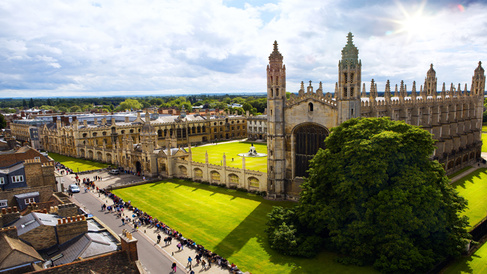to
Churchill College, Cambridge and London - River Thames

About
Topics
- Field case studies
- Physical and numerical modelling of tunnels and deep excavations in soft ground
- The effect of underground construction activities on existing structures
- Design and application of ground improvement for underground construction
- Sensing technologies and monitoring for underground construction in soft ground
- Ground movements, interaction with existing structures and mitigation measures
- Seismic response of underground infrastructure in soft ground
The first two days of the symposium will consist of technical sessions with presentations of General Reports and individual papers.
Thames Tideway visit - Wednesday 1 July (10.00 - 14.00 hrs)
Up to 100 participants will be taken to London by bus, where you will board a Thames Clipper and be taken by boat to several of the Thames Tideway sites. This will be followed by a presentation (with lunch) at the Thames Tideway offices. The visit will finish at approximately 14.00.
You will be able to book your place in this visit with your conference registration. There is no additional charge, but you must pre-book to enable us to manage the logistics.
Thames Tideway Project
London relies on a 150-year-old sewer system built for a population less than half its current size. As a result, millions of tonnes of raw sewage overflow the system each year and end up in the River Thames. That’s where we come in.
Our 25km ‘super sewer’ will intercept those overflows and clean up the river, creating a better environment for London, its inhabitants and its wildlife. The project will also bring thousands of jobs, create new areas of public space and leave a legacy that far outlives the life of the project. The nature of work varies from site to site, but generally falls into two main categories. Our ‘drive sites’ (Chambers Wharf, Kirtling Street and Carnwath Road) are the ones which the tunnel boring machines will begin building the tunnel. At other sites, we are ‘intercepting’ points in the sewerage system called combined sewer overflows (CSOs). Here, when the capacity of the existing infrastructure is reached, raw untreated sewage spills directly into the River Thames.
